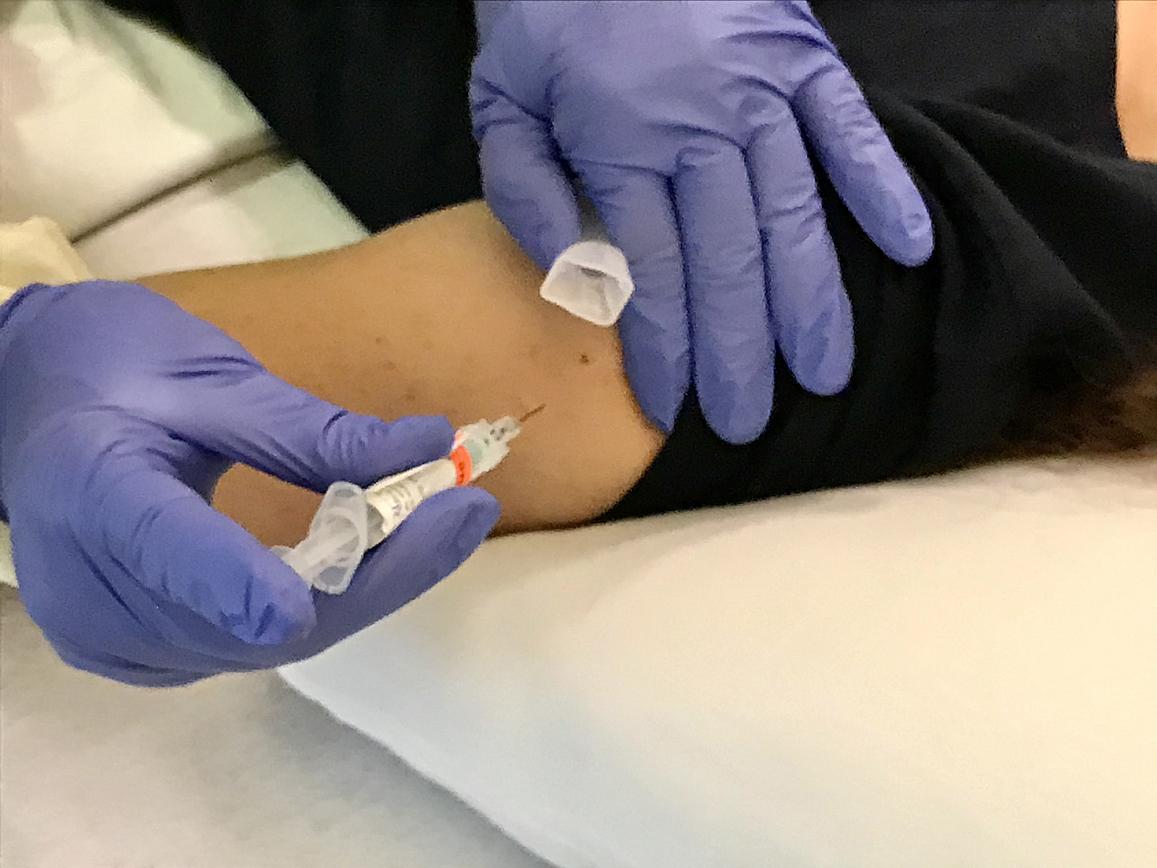
Inoculations began this week at the National Institutes of Health Clinical Center in Bethesda, Maryland, for up to 100 participants in a phase 1 trial of novel universal flu vaccine candidate BPL-1357.
Testing will be conducted at this site alone and will focus on volunteers between 18 and 55 years old. Led by Dr. Matthew Memoli, the trial will complement a separate study among animals that was posted as a pre-print on bioRxiv in September 2021, as undertaken by the National Institute of Allergy and Infectious Diseases (NIAID). NIAID researchers developed the candidate initially, and the current spate of tests will test its safety and ability to spur immune responses.
“Influenza vaccines that can provide long-lasting protection against a wide range of seasonal influenza viruses, as well as those with pandemic potential, would be invaluable public health tools,” Dr. Anthony Fauci, NIAID Director, said. “The scientific community is making progress on this pressing global health priority. The BPL-1357 candidate influenza vaccine being tested in this clinical trial performed very well in pre-clinical studies, and we look forward to learning how it performs in people.”
BPL-1357 is a whole-virus vaccine made from four strains of non-infectious, chemically inactivated, low-pathogenicity avian flu virus. The vaccine protected mice from six different influenza virus strains when delivered either intramuscularly or intranasally over two doses. In the phase 1 trial, randomized volunteers will be issued a similar two doses of either vaccine or placebo, 28 days apart. No participants will have received any flu vaccination eight weeks before enrollment and must not receive any seasonal flu vaccination for approximately two months after their second dose.
“With the BPL-1357 vaccine, especially when given intranasally, we are attempting to induce a comprehensive immune response that closely mimics immunity gained following a natural influenza infection,” Memoli said. “This is very different than nearly all other vaccines for influenza or other respiratory viruses, which focus on inducing immunity to a single viral antigen and often do not induce mucosal immunity.”
The study will last approximately seven months for each participant, during which a variety of blood and nasal mucosal samples will be drawn to detect and characterize immune responses.




